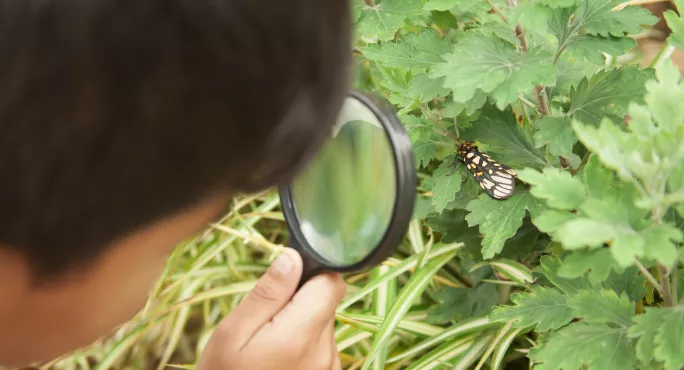On 18 March, we were told that all schools across the UK were to close until further notice, except for children of keyworkers and our most vulnerable children.
Guidance has since emerged about what this meant in practice and we received instruction that, as a school for children with complex additional support needs (ASN), our children were deemed to be in the category “most at risk”.
It is a broad brushstroke to refer to such a large and varied group as the most vulnerable in society. and to assume to apply the same rules for all.
Background: Uptake of school places for vulnerable ‘very low’
Inclusion for all: ‘A laudable dream, but the reality is stark’
School holidays: ‘Special schools should be open all year round’
“Vulnerable” by the Cambridge Dictionary definition means at greater risk of being physically, emotionally or mentally hurt, influenced or attacked. But, at this juncture, were we not referring to “vulnerable” as being at greater risk of catching or indeed suffering from Covid-19? For me, the two haven’t always overlapped.
The pupils at the Royal Blind School in Edinburgh are as varied as this group implies. Some have complex medical needs which means they are undoubtedly more likely to rely heavily on intervention and our valued NHS for their recovery.
All our pupils have complex learning needs, so complex that they could not be met within local authority provision. Homeschooling, therefore, takes on a different hue for our parents and will not be easy.
We have had to make the difficult decision of weighing up the risk of bringing our children together and potentially exposing them to a virus, with putting increasingly greater demands on our parents.
Our parents, in the majority, have chosen to look after their children at home and taken this decision partly out of our hands, but this does not undermine the challenge of looking after children who would ordinarily require one to one support, at the same time in some cases as having a full-time job or being a single parent.
But it is not all hardship and challenge as people often perceive of working with or having a child with ASN. This new pace of life is much better suited to children who require more peace and more time. We are seeing fewer incidences of seizures, for example.
My own daughter has Down’s Syndrome, which means that she needs time to learn and time to explore things from several directions before it is assimilated in her brain. Being in the garden and not in a classroom has allowed her to engage in so much multi-sensory learning that she has completed assimilated words such as “bird”, “fly”, “mud”, “wind”, “sun” and “hot”. I could go on. These may have remained only words in a classroom but they are now fully-fledged concepts, lodged in her long-term memory to be produced, understood and imagined.
As we are seeing the world over, there is hardship and challenge every day but, out of this, appears life and engagement, as if people are just waking up to what matters. And perhaps this crisis will force us to question what has gone before.
We will continue as a school and as families to face the challenges that come our way, and adapt to new and developing guidance and structures of living - and our children will watch and remember how we respond.
Lauren Lockhart is a depute headteacher at a school in Scotland for students with complex additional needs




